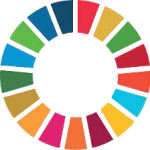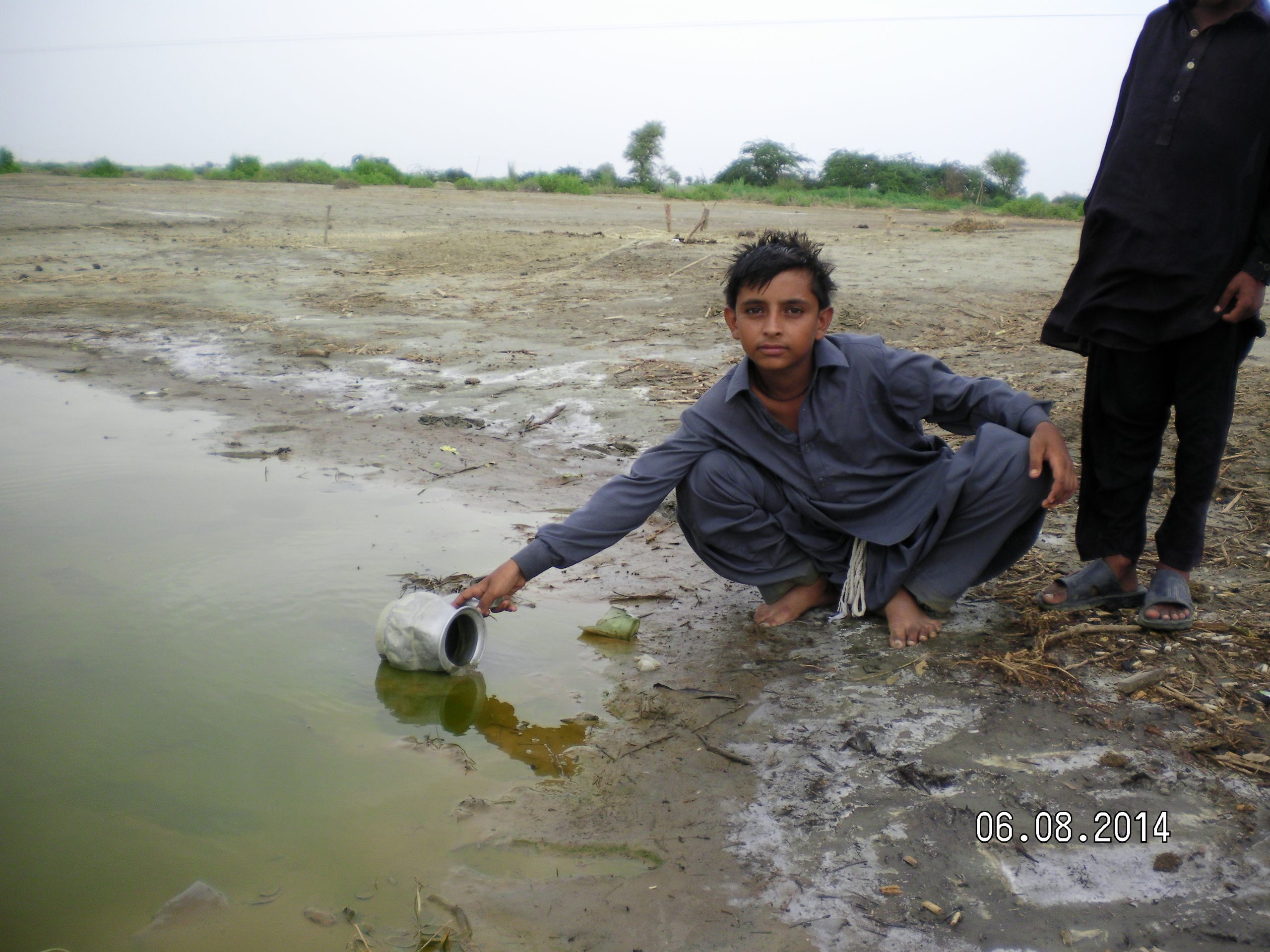Our Work
What We Do
Applied Research and Safe Water
AHD has been learning from communities, clients, and stakeholders about the needs and challenges of disadvantaged people across regions. To this end, AHD team started applied research through projects to find applicable solutions for safe drinking water for people at risk. Over time, Nadi Filter Water emerged as a solution, which has been a tested and easy-to-use product for safe drinking water in rural and semi-urban communities in developing countries. AHD has provided safe drinking water solutions through Nadi Filter to people in Asia (Pakistan) and Kenya, Uganda, Mozambique, and Zimbabwe (Africa). The organization has provided 355,000 households with Nadi filters in these countries. These Nadi filters are provided with the generous support of donors, philanthropists, and corporate sector companies.
Sustainable Solutions
The sustainable solutions program supports people in transition to reach solutions for advanced social practices and contextually appropriate business models. Sustainability changes have wider-scale, long-term processes based on innovations and knowledge creation through applied and action research. We witness that society is undergoing persistent and periodically emerging challenges that hinder the sustainability of efforts. The transitions in multiple sectors, either production or consumption systems, drive impacts on the lives of people, the environment, and social systems. Need for more emphasis on social innovation, behavioral change, and nature-based solutions. AHD involves multiple stakeholders in producing and implementing sustainability solutions; these include businesses, researchers, policymakers, interest groups, and governments to promote sustainable solutions for communities, people, and the whole social fabric.
Food Security and livelihood
Food security and livelihood has been part of AHD Village Development Model (VDM). Over the time, AHD learnt that natural disasters and economic crises have left drastic impacts on the people’s food and livelihoods.Due to socio-economic vulnerability people do not have ability to recover. AHD has observed that by repeated floods people have gone into even more stress and shocks, because they lost stocks and flows of food and cash to meet basic needs and they do not have access to the income-earning activities. AHD food security and livelihoods program builds long-term community and household resilience under village development model. FSL program delivers through assistance for enterprise development, skills building, restoration of community assets and capabilities. AHD promotes contextually appropriate strategies to improve food security and secure livelihoods.
Preventive Healthcare
AHD is transforming lives through preventive healthcare. AHD approach is to focus on prevent complications rather than treatment. because treatment is reactive and prevention is proactive. AHD proactively understood that preventive healthcare matters most for rural people when they are taught precautions, care, preventive health awareness, and screening. AHD comprehended the healthcare issues among people emerged due to absents of safe drinking water, cooking on a smoky fire, and the absence of vegetables to eat. The organization addressed the concerns that cause health hazards for rural people and introduced Nadi Water Filter, Fuel Efficient Cooking Stove, and Organic Kitchen-Gardening to keep them healthy. Along with this, AHD has mobilized communities to keep them aware of preventive healthcare
Climate Resilience
The planet has witnessed ‘climate change', and human activity primarily accepts and reacts to these changes. AHD believes that enhancing the ability to prepare for, recover from, and adapt to these impacts is called “climate resilience.” Climate change is both a global and a local challenge. AHD, keeping in view this challenge, has planned to contribute to efforts for climate resilience. The AHD collaborates with communities, governments, and organizations to enhance resilience by assessing vulnerabilities, identifying problems, and developing climate-resilient solutions through inclusion and participation. AHD promotes climate-smart agriculture, nature-based community-led solutions, and flood-resistant crop management, the plantation of fruit trees, and improving local infrastructure and housing. AHD invests in capacity building and the adoption of contextually appropriate resilience strategies.
Emergency Response
Global environmental change brings threats to poor communities, affecting their social, economic, and ecological life patterns. Emergencies have a greater impact on vulnerable groups, particularly women, children, and the elderly within communities. AHD aids communities affected by natural disasters by providing immediate assistance such as water, food, non-food items, transitional shelters, and WASH. AHD believes in capacity enhancement of communities for indigenous community preparedness and response mechanisms to empower and make them resilient to disaster risks. AHD works with government functionaries and relevant stakeholders to respond to emergencies in alliance. AHD on certain developmental stages, integrates emergency response to the VDM to ensure sustainable development in the flood-affected areas. AHD has responded to flood emergencies in 2010, 2011, and 2022 in Pakistan.

AHD Contributes to Sustainable Development Goals
1. NO POVERTY
2. ZERO HUNGER
3. GOOD HEALTH AND WELL-BEING
6. CLEAN WATER AND SANITATION
8. DECENT WORK AND ECONOMIC GROWTH
13. CLIMATE ACTION
Now, it’s your turn.
Your generous contribution will make a meaningful impact, providing vital support to our humanitarian organization as we strive to alleviate suffering and create positive change in the lives of those in need.



